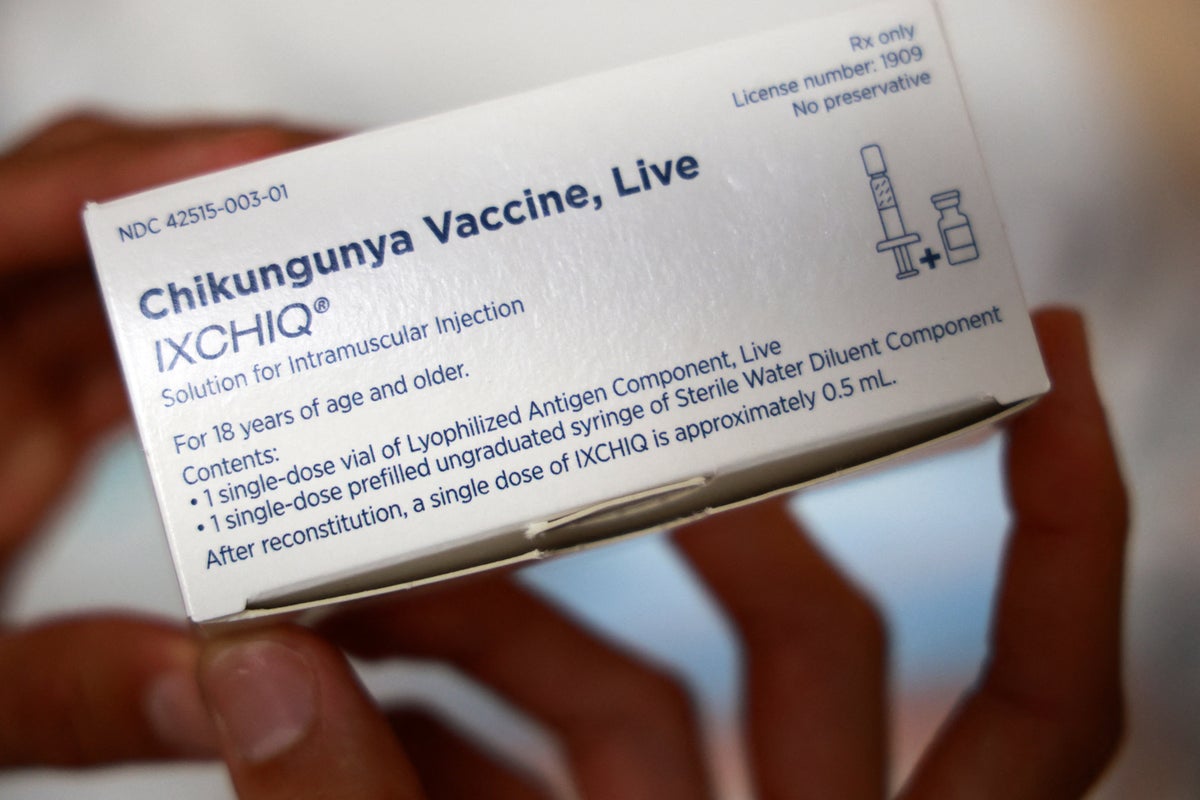Should You Pay Off Credit Card Debt With Your 401K?
Is it a good idea to pay off high-interest credit card debt with money from your 401(k)? Financial experts will almost always say no, but they’ll also concede that there are desperate scenarios in which your retirement fund can...


Photo: TimeShops (Shutterstock)
Is it a good idea to pay off high-interest credit card debt with money from your 401(k)? Financial experts will almost always say no, but they’ll also concede that there are desperate scenarios in which your retirement fund can alleviate the burden of debt, especially if you can’t pay it off otherwise. Here’s a look at how that works.
Unless you’re over 60 years old, avoid withdrawals from your 401(k)
Try to avoid straight withdrawals from your 401(k), as the penalties are simply not worth it. The sum will be taxed as income, and there’s an additional 10% penalty on that sum. That means a $10,000 withdrawal could leave with something closer to $6,000 after all those deductions. It’s a bad deal.
The exception to this would be making a withdrawal after the age of 59.5 years of age, as the 10% penalty no longer applies. At that age, if you’re working less, the withdrawal would also be at a lower tax rate, like, say, 10%—which could make the withdrawal more palatable, but certainly not ideal, either. (Although, by age 72, withdrawals become mandatory).
One option is to temporarily withhold 401(k) payments
If you’ve been making regular contributions to your 401(k) while also racking up a lot of debt, then another option is to simply withhold those contributions until your high-interest debts are paid off first. The danger here is that it’s easy to cut contributions indefinitely, and that can irreparably jeopardize the retirement savings you’ll need later.
If you can’t afford to pay off accumulating credit card debt, first consider a hardship program with your lender or a balance transfer, before you make a 401(k) withdrawal.
And if your 401(k) comes with employee matching, try to keep making contributions that total whatever amount or percentage they’re willing to match. You don’t want to lose out on what’s essentially free money, if you can avoid it.
Another option is to take out a 401(k) loan
Per Investopedia, it’s possible to take a loan from your 401(k) up to 50% of your vested balance, or up to $50,000 (whichever is less). The advantage compared to a personal loan is that 401(k) loans won’t be denied (there are some exceptions), the interest rates are typically more favorable (typically under 5%), and they don’t require a hard credit check, which can temporarily damage your credit score.
The downside is that you have to repay the loan, along with interest, within five years. Plus, if you quit or get fired, you’ll have less time to pay it back—before your next federal income tax is due. Otherwise, if you fail to repay the loan, it’s treated like a withdrawal, and you’ll incur all the taxes and penalties that come with it (for more on that, check out this Lifehacker post).
As you can see, there’s a lot of risk involved in such a move. That’s why you should explore all your debt reduction options first, like hardship relief programs or a debt management plan. For more on your options, check out this Lifehacker post.
Bottom line
If you simply can’t afford to keep up with credit card debt, then there are scenarios in which your 401(k) can be used to pay off that debt. But this is a serious, last-ditch move that’s not usually recommended. Be sure to consult with a financial advisor or credit counsellor before raiding your 401(k) fund, as they can assess your finances and help you determine next steps on paying down your debt.

 KickT
KickT 































